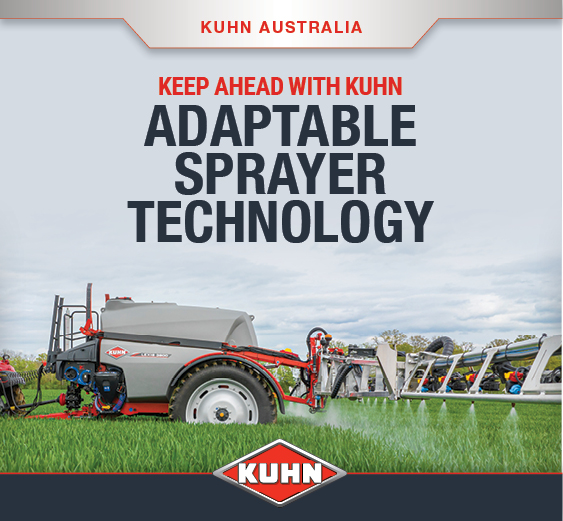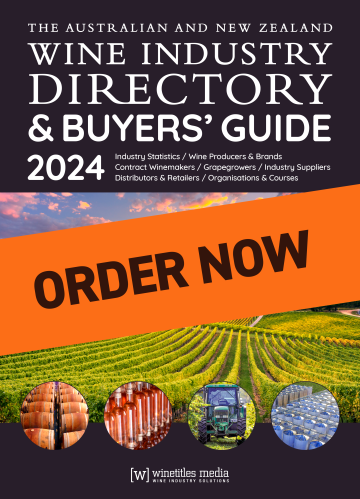Australian Grape & Wine, the national association of winegrape and wine producers, has formally endorsed Retail Drinks Australia’s code of conduct for the online sale and delivery of alcohol (Code).
Tony Battaglene, Chief Executive of Australian Grape & Wine said “We are delighted to endorse the new Code of Conduct, developed by Retail Drinks Australia (Retail Drinks) for the responsible and safe purchase and delivery of our member’s products to consumers.”
“This industry-led initiative demonstrates our commitment to the responsible sale and consumption of alcohol in Australia, and will significantly improve compliance and responsibility outcomes in the home delivery environment” said Mr Battaglene.
Julie Ryan, CEO of Retail Drinks Australia says, “I’m delighted that Australian Grape & Wine has endorsed the Code. This support further strengthens the Code, which already represents more than 80 per cent of all alcohol sold online for delivery in Australia.”
“Australian wineries are a critical contributor to the economy, particularly in rural and regional Australia where they drive jobs, tourism and economic growth” said Mr Battaglene.
“Direct to consumer wine sales support the ongoing viability of many cellar doors across Australia. Selling direct to the consumer can improve margins for the winemaker as it cuts out the middle-man, but they also reflect a relationship that many consumers have with winemakers after having visited a cellar door and learned about the wines, the growers and the region in question. This is particularly important for smaller wine businesses” said Mr Battaglene.
Approximately two–thirds of Australian wineries produce fewer than 5000 cases, which highlights the importance of these channels to the Australian wine businesses and the communities they operate in.
“Appropriate regulation of online alcohol retailing is best achieved through a collaboration between industry, delivery agents and governments – that is what we seek to achieve in the Code” said Ms Ryan.
“The Code is intended to support regulation – not replace it.” says Ms Ryan.
The Code, currently in its first 6 months, includes a range of harm minimisation and responsibility measures such as adoption of regulated dry zones, mandatory training for all delivery drivers on RSA principles, block out times for delivery and a comprehensive objective third party audit of the full supply chain from the online environment through to a mystery shopped home delivery. Through collaboration with government, these measures and audit outcomes can be enforced for semi-regulatory status.
















